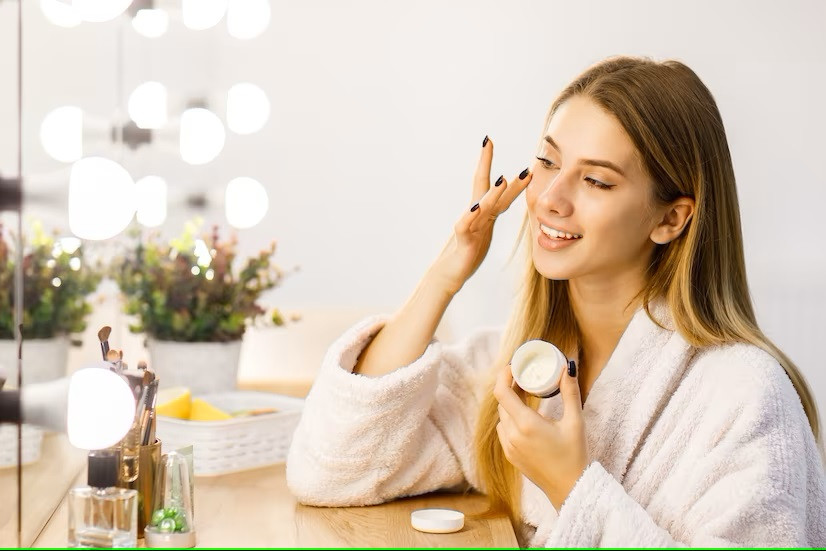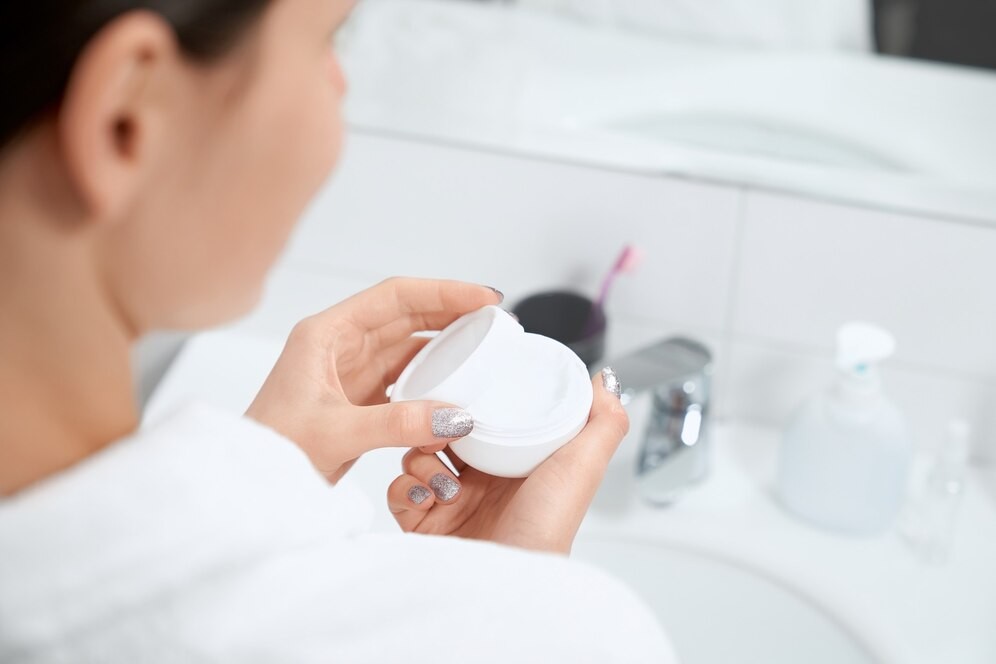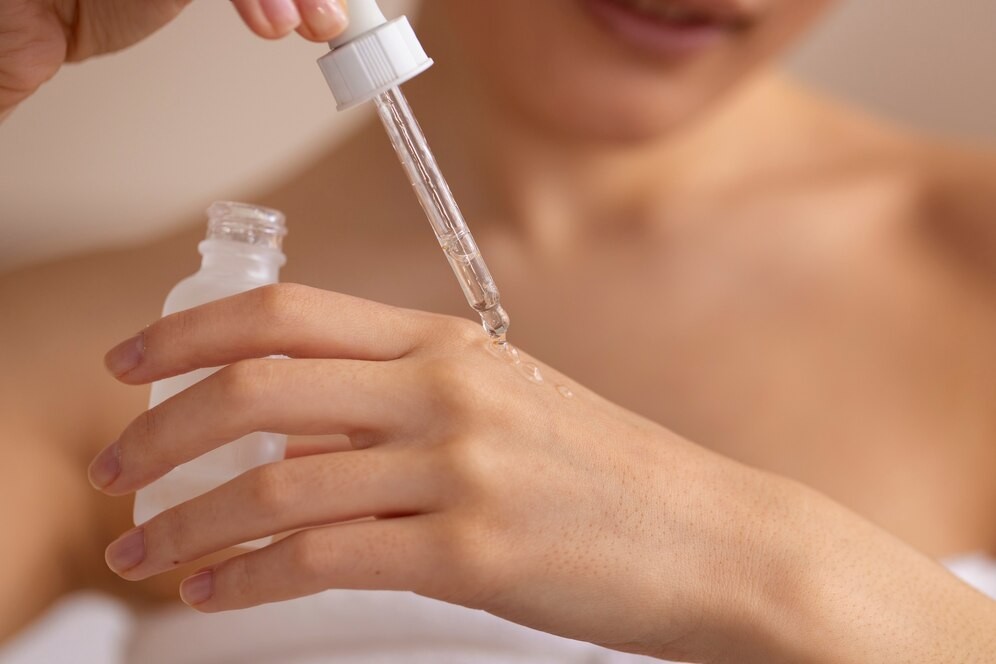Segera setelah memasuki pubertas, problem kulit seperti jerawat dan breakout dialami para remaja. Oleh karenanya, para ahli dermatologi merekomendasikan untuk mulai melakukan perawatan kulit sejak usia 12 atau sejak tanda pubertas muncul.
Perawatan kulit dan penggunaan produk skincare remaja mungkin berbeda. Namun, perawatan kulit sedini mungkin dapat membantu mengurangi masalah kulit di kemudian hari.
Perawatan Kulit di Usia 12 Tahun
Penggunaan produk skincare bisa dimulai sejak usia 12 tahun. Tetapi karena problem kulit yang dialami belum terlalu kompleks, maka kebutuhan produk yang digunakan cenderung produk dasar.
Perawatan kulit di usia 12 tahun bisa dimulai dengan menggunakan sabun pembersih wajah berformula ringan, pelembap, tabir surya dan obat jerawat untuk membantu mempercepat penyembuhan jerawat.
Baca Juga: Tips Merawat Kulit Jika Memiliki Jerawat yang Meradang
Rekomendasi Produk Skincare dan Manfaatnya
Ada beberapa produk skincare yang direkomendasikan digunakan sesuai dengan usia dan kebutuhan kulit, di antaranya:
Vitamin C
Produk perawatan kulit yang mengandung vitamin C sebaiknya mulai digunakan di usia 18 tahun. Produk ini memiliki beragam manfaat, di antaranya:
- Aman digunakan untuk semua jenis kulit
- Membantu menjaga kelembapan kulit
- Mencerahkan kulit
- Mengurangi kemerahan
- Mengurangi kulit belang
- Mengurangi lingkaran hitam di bawah mata
- Meningkatkan produksi kolagen
- Mencegah kulit kendur
- Melindungi dari kerusakan sinar UV, polusi dan radikal bebas
- Membantu menenangkan kulit yang terbakar sinar matahari
- Membantu mempercepat penyembuhan kulit
Anda membutuhkan produk yang mengandung vitamin C apabila di kulit wajah mulai muncul noda kecokelatan, kulit kusam, kemerahan dan jerawat tidak lekas sembuh.
Hyaluronic Acid
Anda membutuhkan produk skincare yang mengandung Hyaluronic acid apabila di bawah mata mulai terbentuk garis-garis halus. Penggunaan skincare yang mengandung Hyaluronic acid bisa dimulai sejak usia 20 tahun.
Hyaluronic acid memberikan beragam manfaat bagi kulit, di antaranya:
- Membantu kulit lebih kenyal
- Mempertahankan kelembapan kulit
- Mempercepat penyembuhan jerawat
- Melembutkan kulit
- Membantu merawat eksem
- Mencegah tanda penuaan dini
Retinol
Retinol direkomendasikan mulai digunakan di usia 25 tahun, di mana produksi elastin mulai menurun. Secara umum, retinol membantu menstimulasi produksi elastin dan kolagen. Retinol juga mengubah perilaku sel yang menua dan membuatnya tampak lebih muda.
Menggunakan retinol secara rutin memberikan beragam manfaat, di antaranya:
- Sifat antipenuaan retinol mengikat reseptor retinoid dan meningkatkan pergantian sel serta merangsang produksi elastin dan kolagen
- Menebalkan lapisan kulit bagian dalam serta meningkatkan kemampuan kulit dalam menahan air
- Mengurangi garis-garis halus dan kerutan sehingga membuat kulit lebih muda dan bercahaya
- Menipiskan lapisan epitel paling atas sehingga meningkatkan warna dan tekstur kulit
- Membantu menormalkan fungsi kelenjar minyak dan folikel yang sekaligus mengendalikan jerawat
- Membantu melembutkan garis-garis halus
- Mencerahkan hiperpigmentasi kulit
Baca Juga: Mengenal Bakuchiol, Alternatif Retinol untuk Mencegah Penuaan Dini
Coenzyme Q10
CoQ10 membantu melindungi sel-sel kulit dari kerusakan sinar matahari dan tanda penuaan. Produk ini baik digunakan sejak usia 25 tahun.
AHA
AHA adalah kelompok asam yang dapat membantu melembutkan kulit, mengurangi noda hitam, eksfoliasi, mengurangi jerawat dan membantu mengurangi terbentuknya jaringan parut. AHA sebaiknya mulai digunakan sejak usia 25 tahun, di mana kulit terlihat kusam, rusak akibat paparan sinar matahari dan memiliki tekstur yang berbeda.
Untuk mengetahui produk skincare yang paling tepat digunakan, Anda perlu berkonsultasi dan memeriksakannya dengan dokter kulit atau ahli dermatologi. Anda bisa berkonsultasi melalui aplikasi Ai Care yang bisa diunduh di ponsel Anda.
Mau tahu tips dan trik kesehatan, pertolongan pertama, dan home remedies lainnya? Cek di sini, ya!
- dr. Monica Salim
Amy Lawrenson (2022). Revealed: The Best Age to Start Using Each Skincare Ingredient. Available from: https://www.byrdie.com/anti-ageing-skincare-ingredients
Annie Doyle (2023). 11 Reasons to Add Vitamin C Serum to Your Skin Care Routine. Available from: https://www.healthline.com/health/beauty-skin-care/vitamin-c-serum-benefits
Hana Ames (2021). 11 benefits of hyaluronic acid for the face and body. Available from: https://www.medicalnewstoday.com/articles/hyaluronic-acid-benefits
Rohini Radhakrishnan, ENT. What Does Retinol Do for the Skin?. Available from: https://www.medicinenet.com/what_does_retinol_do_for_the_skin/article.htm
Mayo Clinic (2020). Coenzyme Q10. Available from: https://www.mayoclinic.org/drugs-supplements-coenzyme-q10/art-20362602
Beth Sissons (2021). What are the benefits of alpha hydroxy acid (AHA)?. Available from: https://www.medicalnewstoday.com/articles/alpha-hydroxy-acid











